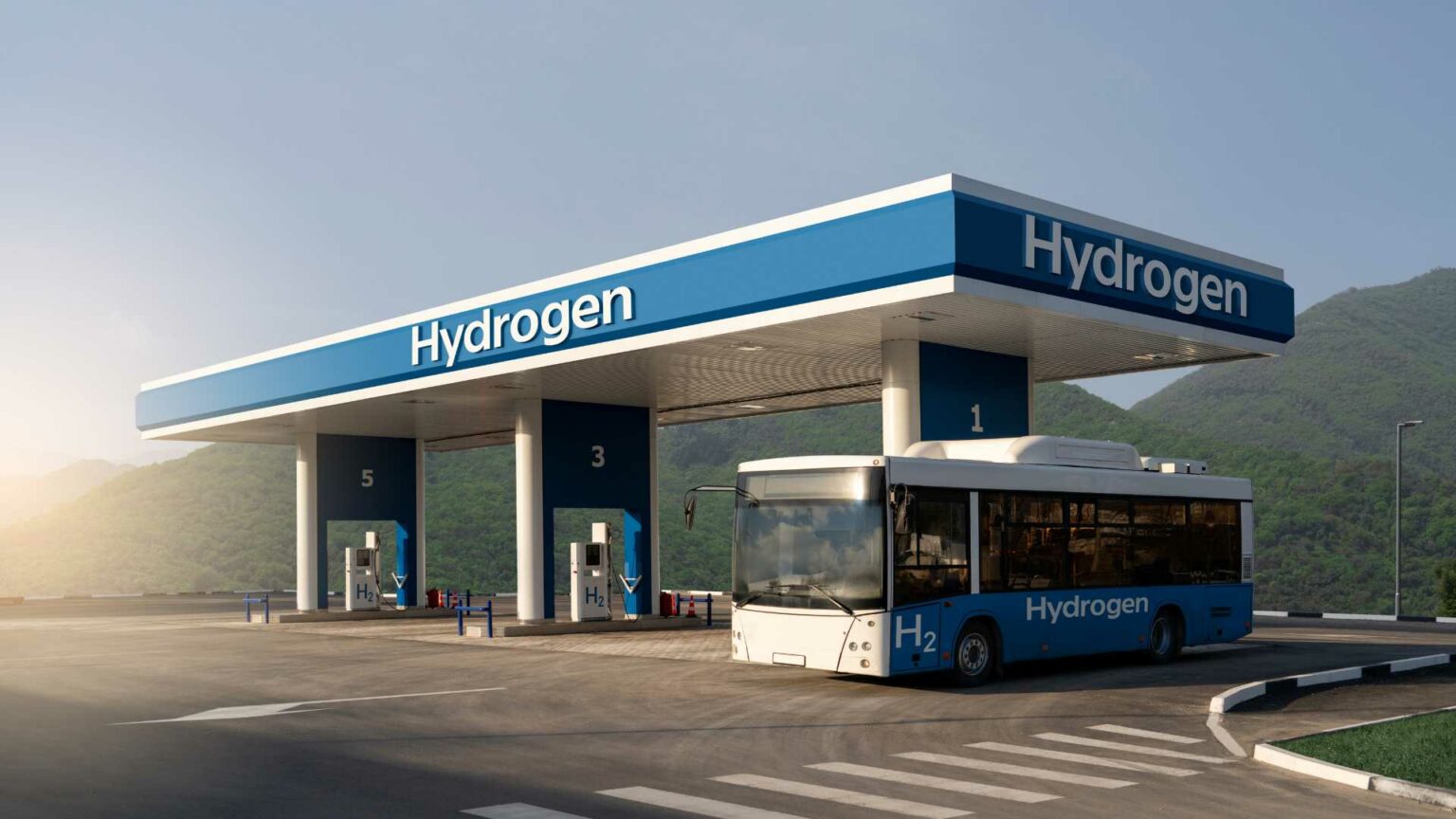Hyundai Motor Co., South Korea’s premier hydrogen bus manufacturer, is poised to significantly increase its production capacity for hydrogen buses in 2024.
This expansion comes amid a shifting landscape in the electric bus market, with Chinese manufacturers gaining ground. While Hyundai’s endeavor reflects a positive step towards promoting hydrogen-based transportation, critical analysis is imperative to understand the broader implications within the hydrogen energy sector.
Hyundai’s Jeonju plant has recently augmented its annual production capacity for hydrogen buses to 3,000 units, marking a sixfold increase from 2023. This expansion follows a dedicated facility upgrade at the Bus 1 plant, indicating Hyundai’s commitment to scaling up hydrogen bus production.
The surge in production is buoyed by substantial government support, with the Ministry of Environment significantly elevating purchase subsidies for hydrogen buses. This increased support is instrumental in incentivizing transportation companies to procure hydrogen buses, positioning Hyundai to capitalize on the growing demand.
Hydrogen buses represent high-value products, commanding prices between 700 million to 800 million won per unit. With enhanced government subsidies, Hyundai’s hydrogen bus business could potentially achieve sales exceeding 1 trillion won in 2024. However, the economic viability of this venture hinges on sustained government support and market demand.
The shift towards hydrogen buses underscores a broader trend towards sustainable transportation solutions. As governments worldwide intensify efforts to decarbonize transportation, hydrogen buses present a promising avenue for reducing emissions. Hyundai’s expansion aligns with efforts to foster innovation and leadership in the hydrogen energy sector, positioning South Korea as a key player in the global transition towards sustainable mobility.
